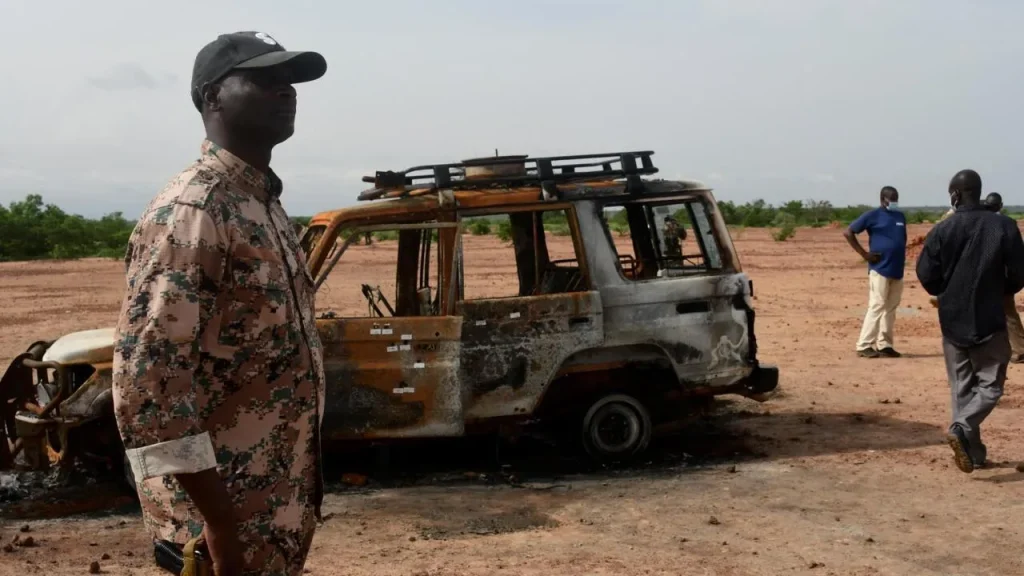On January 2, 2021, jihadists riding about 100 motorcycles attacked the villages of Tchoma Bangou and Zaroumadareye in Niger’s Tillaberi region, killing at least 100 civilians—70 in Tchoma Bangou and 30 in Zaroumadareye—Mayor Almou Hassane told AFP.
The attackers split into two columns for simultaneous strikes on the villages, located 7 km apart and 120 km north of Niamey, near Mali’s border.
Retaliation Motive
Hassane, mayor of Tondikiwindi commune, reported 75 others injured, some evacuated to Niamey and Ouallam for treatment. The attacks, attributed to the Islamic State in the Greater Sahara (ISGS), were likely reprisals for villagers killing two jihadist scouts on December 15, 2020, after locals formed self-defense groups, per former minister Issoufou Issaka.
Electoral Context
The massacres coincided with the announcement of Niger’s first-round presidential election results on December 27, 2020. Ruling party candidate Mohamed Bazoum led with 39.33%, short of a majority, setting up a February 2021 runoff against Mahamane Ousmane (16.9%), Niger’s first democratically elected president until a 1996 coup. The timing fueled speculation of political motives, though no group claimed responsibility.
Sahel’s Ongoing Crisis
Tillaberi, in the volatile tri-border area with Mali and Burkina Faso, has faced years of jihadist violence from ISGS and al-Qaida-linked groups. The UN reported 4,000 deaths across the three nations in 2019 from such attacks. A motorbike ban in Tillaberi since January 2020 failed to curb jihadist mobility, with 34 killed in Toumour on December 12 and seven soldiers ambushed on December 21.
Government Response
Prime Minister Brigi Rafini visited the attack sites, calling the toll “disastrous.” President Mahamadou Issoufou condemned the “cowardly and barbaric” attacks on X, declaring three days of mourning. Bazoum vowed to strengthen anti-jihadist efforts, while Niger deployed soldiers to the Mali border. Investigations aim to ensure accountability, Rafini said.
Regional Instability
Niger faces dual insurgencies: ISGS in the west and Boko Haram in the southeast, where 34 died in Toumour in December 2020. The Sahel’s weak governance, marked by Niger’s 2021 failed coup and 2023 coup, fuels extremism, per Wikipedia. The attacks, among Niger’s deadliest, highlight the region’s escalating violence.






